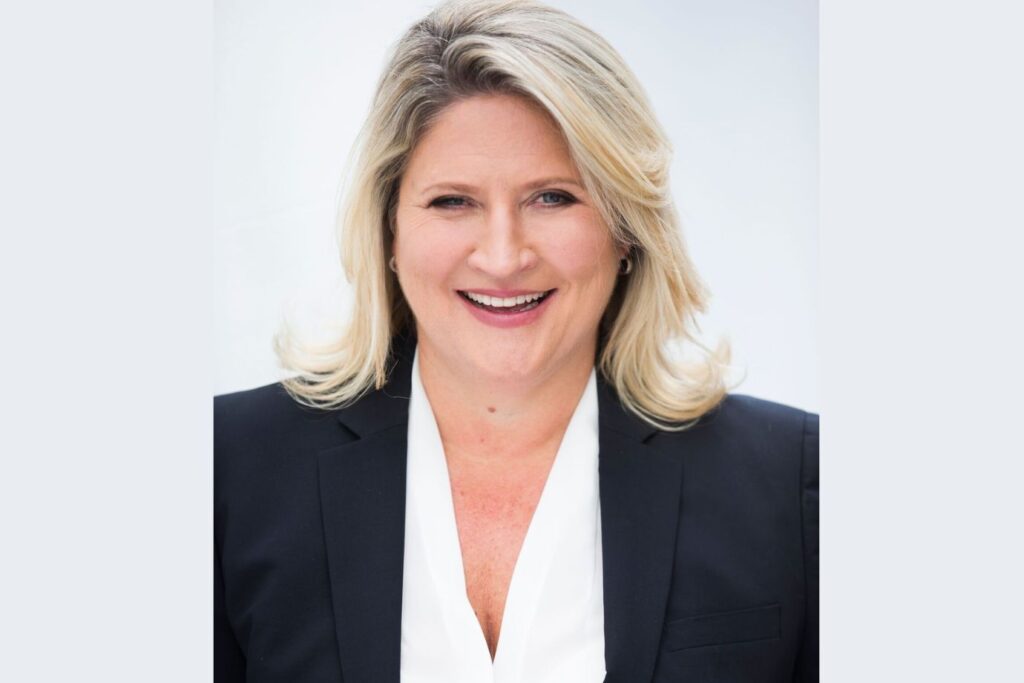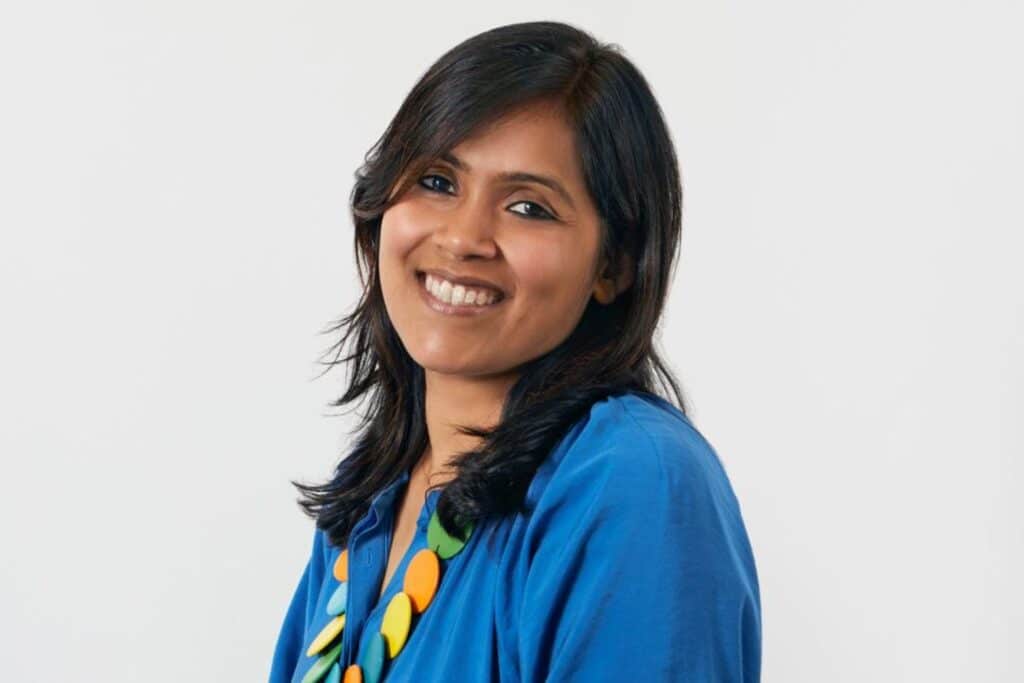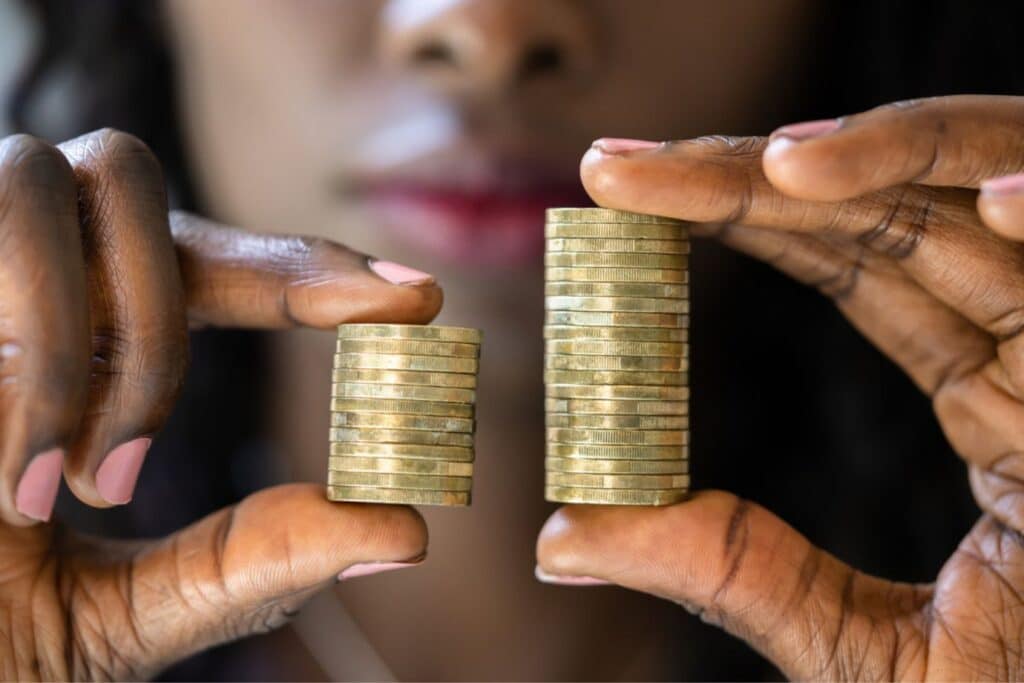Today is International Equal Pay Day, a day marked by the United Nations (UN) to recognise the ongoing inequality between men and women in the workplace and the work that is being done to achieve equal pay for work of equal value.
Currently, the global gender pay gap is 20 per cent. This means, on average, for every dollar a man makes, a woman gets 77 cents.
This gap becomes even wider for women with children. While women carry out at least two and a half times more unpaid domestic duties than men, the UN estimates only 28 per cent of working women are entitled to paid maternity leave.
These inequalities, among others, are a reflection of “historical and structural unequal power relations between men and women”, and considering how slow progress is made, the UN estimates it will take 131 years to reach gender equality.
Simone Clarke, the CEO of UN Women Australia, said the gender pay gap is a global issue, and women and girls around the world are held back by poverty and inequalities, stopping them from accessing the same opportunities as men.
“Progress on narrowing the gender pay gap is slow,” she said.
“While equal pay for men and women has been widely endorsed, applying it in practice has been difficult.”
But there are some very powerful people and organisations that can make a difference – multinational corporations.
So, what have MNCs got to do with it?
A report from the UN Conference on Trade and Development (UNCTAD) in 2021 found multinational corporations (MNCs) can directly and indirectly champion gender equality, particularly in developing countries, through company policies and practices.
For example, in Brazil, gender equal policies in the transportation and communications industries reduced the gender pay gap by about 20 per cent.
The World Economic Forum conducted a study in 2020, which found the gender wage gap was smaller in developed countries, but larger in developing countries.
The researchers suggested more attention must be paid to MNCs’ gender policies – or lack thereof in developing countries – and how they directly or indirectly impact the gender wage gap.
Simone Clarke, the CEO of UN Women Australia, said MNCs should commit to closing the gender pay gap that exists in all regions of the world.

“We need to see a comprehensive approach to this in all regions and we need a commitment at all levels of business to work on closing this gap,” she said.
“We can’t leave women behind.”
The UN created the Women’s Empowerment Principles to try and encourage MNCs to commit to gender equality in the workplace, employment marketplace and the broader society.
These principles include having women in high-level corporate leader roles, fostering education and career advancement, measuring and reporting policies and progress and more.
Clarke said measuring progress and transparency of company policies are key in applying the Principles and achieving gender pay parity in all industries and sectors of society, including MNCs.
“Closing the global gender pay gap is more important than ever, and it takes the effort and commitment of the global community to make change,” she said.
“The United Nations and UN Women call on everyone – governments, community-based organisations, businesses, workers and employers to promote equal pay for work of equal value and the economic empowerment of women and girls.”
Who’s leading the way?
There are 8,363 MNCs who are signatory to the UN Women’s Empowerment Principles, including Unilever, a consumer goods company that produces more than 400 brand names in over 190 countries.
In 2017, Unilever was recognised by the Australian Workplace Gender Equality Agency (WGEA) as an Employer of Choice for Gender Equality.
This is because more than half (54 per cent) of the Unilever management team globally are women, including Shruti Ganeriwala, the head of HR in Unilever ANZ.
“I feel immensely proud to work for a company like Unilever that truly champions inclusion and uses its power to drive positive change in the society,” she told Women’s Agenda.

“For us, gender equity is about doing what’s right for our employees, meeting the needs of the modern workforce, and laying the foundations for a future-fit business.”
Unilever ANZ review their pay policies on an annual basis in their commitment to close the gender pay gap and help women thrive.
“When they thrive, our business thrives!” Ganeriwala said.
“Our analysis (of pay policies) helps us identify any areas of gender representation imbalance, such as in the types of jobs held by women compared to men.
“A diverse, equal and inclusive business makes us, and society, stronger.”
Unilever isn’t alone in pursuing gender equality within the MNC, but it is certainly one that is leading the way.
Microsoft recently committed to growing the employment of women within the company by one per cent every year. In 2022, 32.7 per cent of workers were women.
Pfizer’s 2019 global gender equity survey found women within the company, comprising just under half (47 per cent) of workers, were paid more than 99 per cent of what their male colleagues are paid.
In 2022, Amazon reported 43.1 per cent of workers were women. More than three quarters of senior leadership positions were held by men, with 24.5 per cent held by women.
Ganeriwala is aware of the barriers that still face women in the workforce every day around the world, perhaps slowing the progress in gender equality for MNCs.
“Numerous barriers are preventing women around the world from actively participating in the economy and realising their full potential, from discrimination in hiring and unequal pay to the risk of harassment and physical violence – underpinned by harmful social norms and gender stereotypes,” she said.
“I am heartened to see more companies prioritise these issues and put in place key steps to creating and fostering a workforce that is fair and equitable.
“A collaborative approach that galvanises change makers across the full spectrum of business, industry and Government is critical to achieving true, systemic change.”


